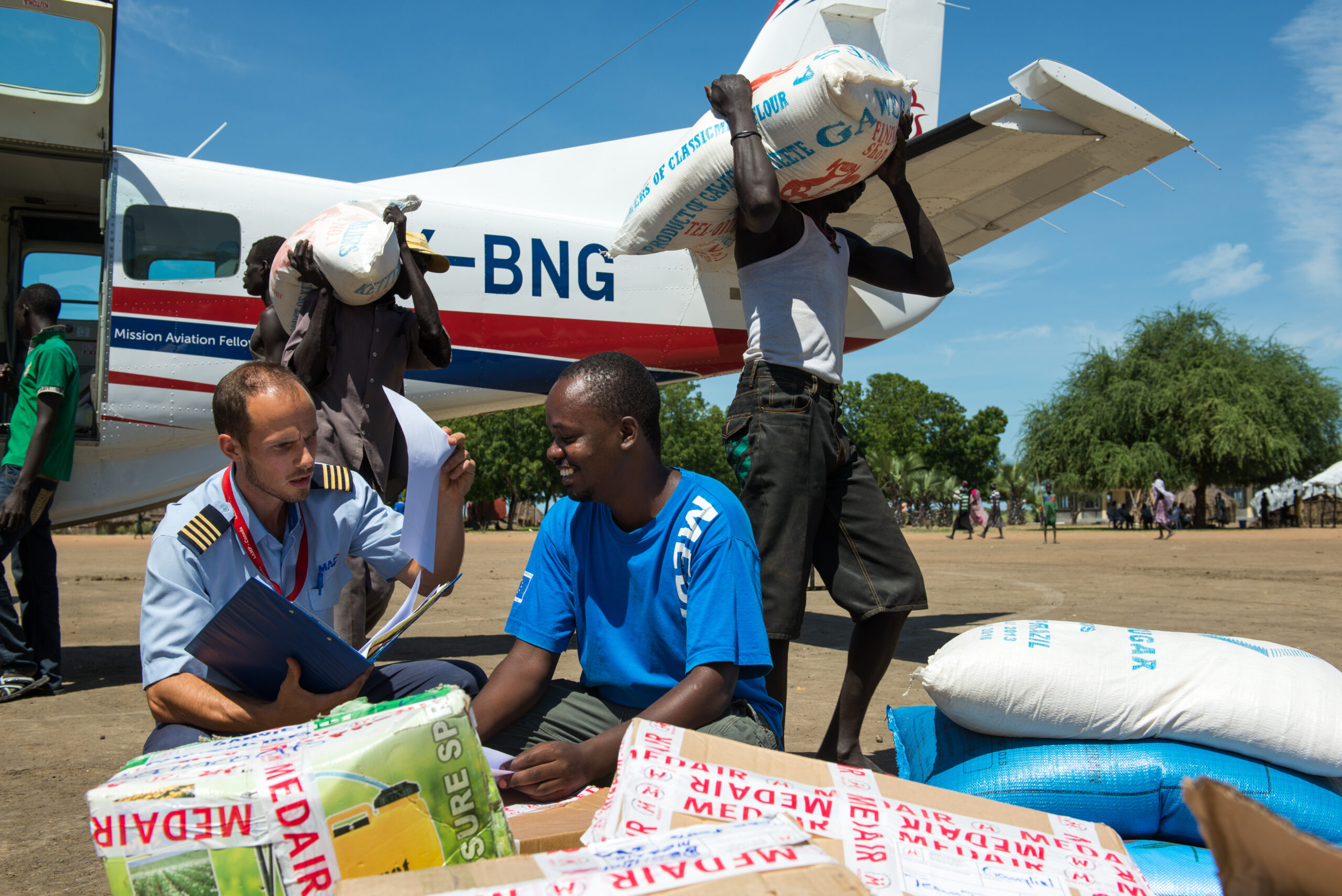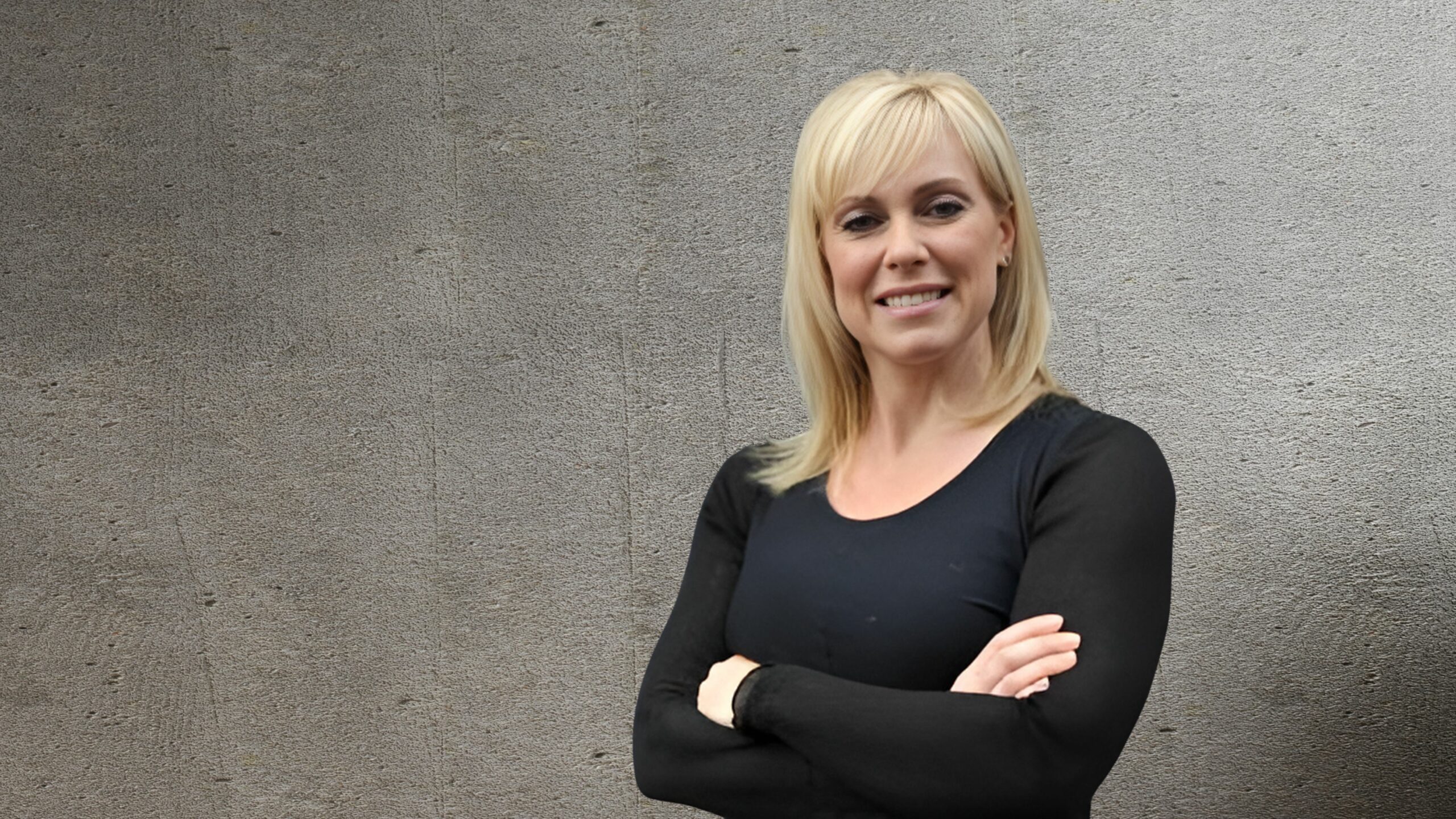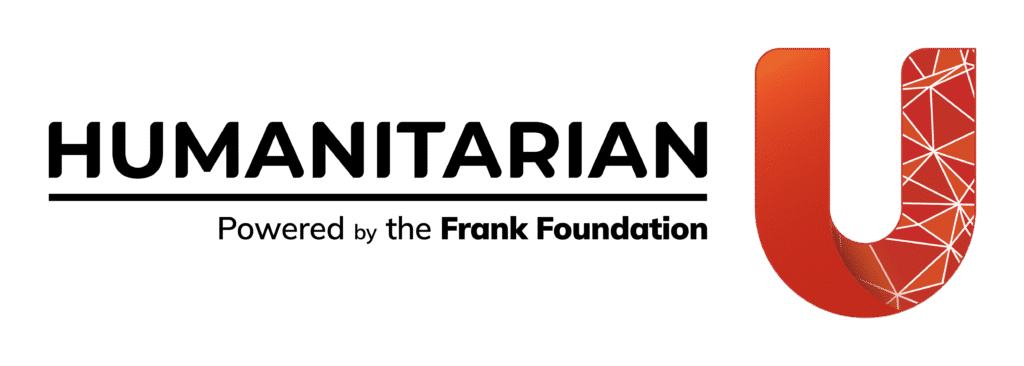Meet Dr. Kirsten Johnson
Dr. Kirsten Johnson, the Founder and Director of Humanitarian U, is a former Associate Professor of Emergency Medicine at McGill University and the past president of the Canadian Association of Emergency Physicians. She practiced Emergency Medicine at the University of Toronto Health Network (UHN) hospitals and regularly locums in the Inuit and Cree villages of Nunavik and in Newfoundland and Labrador. She has a Masters in Public Health, with a concentration in global health, and humanitarian studies from Harvard University. She received her medical degree from the University of Calgary and specialized in family and emergency medicine at McGill University.
As an avid traveler and adventurer, Dr. Johnson has explored over 120 countries, retraced Marco Polo’s steps along the Northern Route of the Silk Road, trekked the Mustang Valley in Nepal, toured India on a motorbike, walked across Borneo, and climbed Aconcagua in Argentina. She also participated in the 2023-2024 Clipper sailing race around the world.
In this post, we will explore Dr. Johnson’s career journey in humanitarian work, from her early experiences in the field to her current work at Humanitarian U. We will also discuss her research in conflict zones and share her practical advice for those considering a career in the humanitarian sector.

Stepping Stones: Dr. Johnson’s Path into Humanitarian Work
From a very young age, Kirsten Johnson felt a deep need to explore the world and experience other people and cultures. Early in her career, she worked for an NGO to bring medical care to underserved areas and volunteered with Mother Theresa’s Missionaries of Charity. Inspired to do more, she furthered her studies in family and emergency medicine at McGill and in global health at Harvard University. While at Harvard, she became one of the founding members of the Harvard Humanitarian Initiative (HHI), an academic and research center focused on humanitarian crises and leadership developed to provide training to those preparing to work or currently working in the humanitarian field. The Center also conducts research into critical areas such as risk resilience, disaster preparedness, and gender-based violence.
Kirsten’s journey into education in the Humanitarian field began with the development of a simulation program for the Humanitarian Studies Initiative at Harvard University. This project laid the groundwork for her to create a similar program at McGill University and, ultimately, her own organization, Humanitarian U, which she founded in 2011. Her experiences in disaster and emergency situations led her to the important observation that many responders lacked the necessary training, which impacted the quality of their work. Humanitarian U was consequently set up to fill this gap by providing HPass-accredited training and education to humanitarian workers globally. This platform offers certification to ensure that humanitarian workers are trained and capable of providing the services needed in disaster zones, conflict areas, and locations where humanitarian aid is required. She developed a competency-based educational model for humanitarian responders that combines a variety of learning methods, including online, in-person, and on-the-job training.
Establishing Humanitarian U, however, was not without its challenges. The concept of standardized and organized training in the humanitarian sector was neither common nor widely accepted at the time. Moreover, introducing the idea of professionalization and certification posed its own difficulties. The diversity of humanitarian organizations worldwide, each with their own visions, values, and internal structures, made it challenging to rally unanimous support.
Dr. Johnson’s work in global disaster response is extensive. She has worked on the front lines in various disaster and conflict zones around the world, including Haiti in the aftermath of the 2010 earthquake and Lebanon during the Syrian refugee crisis. Her work in these challenging situations has helped ensure that the most vulnerable populations receive critical medical and humanitarian assistance. She has also led important studies in Liberia, the Democratic Republic of Congo (DRC), and Kenya, focusing on the health and mental health impacts of war, with a particular emphasis on women and children. These experiences have shaped her multifaceted career in the humanitarian sector.
Kirsten works closely with governmental and non-governmental organizations such as WHO and the United Nations Institute for Training and Research, providing consultations on effective responses to humanitarian crises. Through her work, Dr. Johnson has had a profound impact on the field of humanitarian aid, improving both the quality and accessibility of training and education for humanitarian workers while also providing critical services to those in need.

Research and Innovations: Groundbreaking Work in Conflict Zones
Dr. Kirsten Johnson emphasizes that every humanitarian scenario is unique, requiring innovation and creative problem-solving. She has made significant contributions to research in areas such as humanitarian medical relief, genocide, child combatants, sexual gender-based violence, and conflict-related mental health and psychosocial support.
As a recognized researcher in conflict zones, Dr. Johnson’s work has led to several groundbreaking revelations, particularly around gender-based violence in war-torn contexts. Before her research, the effects of such violence on boys and men were largely overlooked. Her pioneering studies revealed that boys and men were as impacted as women and girls, if not more, due largely to the absence of programming directed specifically to them. As a result, she was able to impact policymakers and humanitarian programming.
She led a research team on a project examining the efficacy of medical care in disaster zones. Notably, to investigate regions affected by war in places without security and little information on the population, she employed a two-stage cluster sampling design in a way that had not been done before. The results showed that the data collected was representative of the population as a whole. This meant that the findings from her research could be broadly applied to the larger population, providing crucial data that contributed significantly to health policy and legislation on gender-based violence.
Most impressively, Dr. Johnson investigated the Sudanese government’s crimes against humanity in Darfur over the course of a critical three-part human rights investigation. This monumental effort resulted in findings presented to the Office of the Prosecutor at the International Criminal Court.
Another noteworthy mention is her experience conducting field research in conflict zones, where obstacles included tackling security risks and language barriers. In such circumstances, Dr. Johnson prioritized training local people to gather information and ask relevant questions, thereby maintaining the integrity and reliability of the data.
Accessing remote areas for data collection presented unique challenges. Dr. Johnson’s team occasionally had to resort to motorcycles and canoes or even endure four-day walks to reach certain villages. Despite these challenges, through perseverance, problem-solving, and a flexible mindset, they were successful in their mission. This underscores the need for adaptability and innovation in every aspect of fieldwork in humanitarian settings.
Dr. Johnson’s hard work has not gone unnoticed. She was awarded the Segal Centre’s Januscz Korczak award in 2010 for her work on protecting the rights of children in conflict and the Award of Excellence for her work in global health by the College of Family Physicians of Canada. In 2011, she was recognized as one of Canada’s Top 40 Under 40.

Advice for Aspiring Humanitarians
For those considering a career in the humanitarian field, Dr. Johnson’s advice is rooted in the balance between commitment and self-care. The sector is undoubtedly exciting and rewarding, but its impact on personal stability and income must be considered. Having several options is essential, as the field can be stressful and demanding, potentially leading to burnout.
Moreover, the high-stress nature of the work can adversely affect mental health if not managed effectively. Therefore, practicing self-care and taking necessary breaks between missions is crucial for longevity in the field. The key is contributing to the cause while prioritizing one’s well-being.
Dr. Johnson is the Director of HumanitarianU.org and continues her work as a leader and educator in the Humanitarian sector. If you are interested in expanding your knowledge and competence in the humanitarian field, Humanitarian U is the place to go. Accredited by HPass, we provide professional development courses designed by renowned faculty and experts that have both global reach and impact. Visit our website to learn more!
